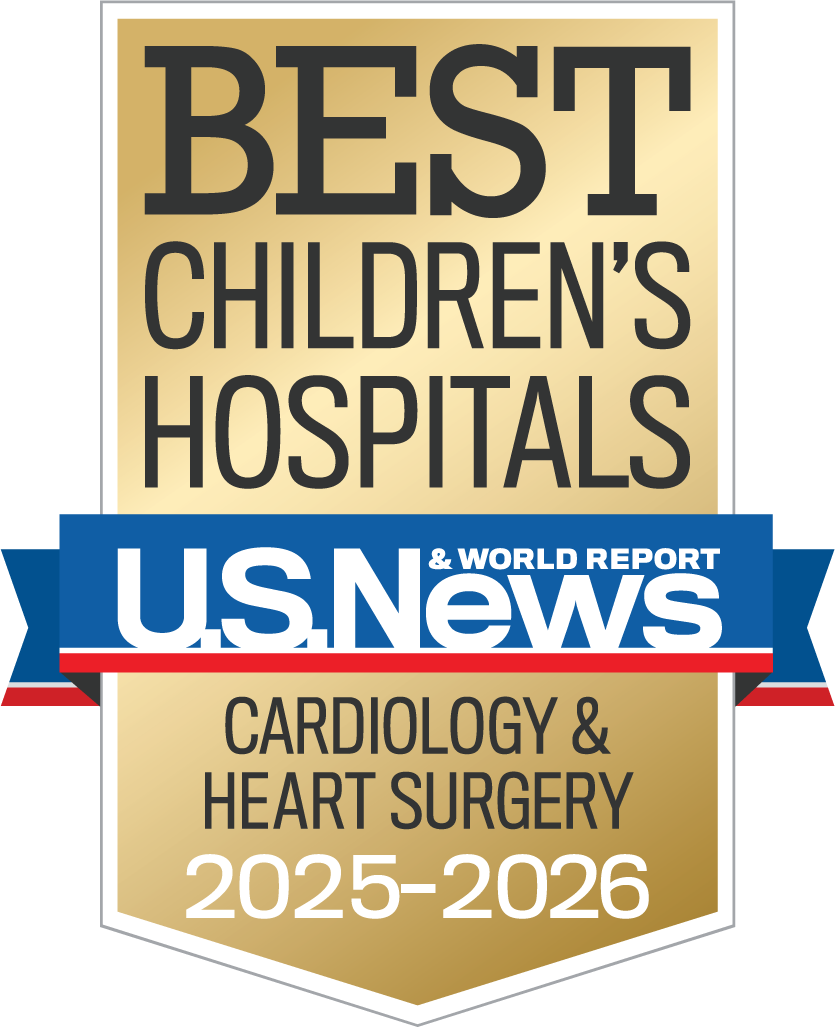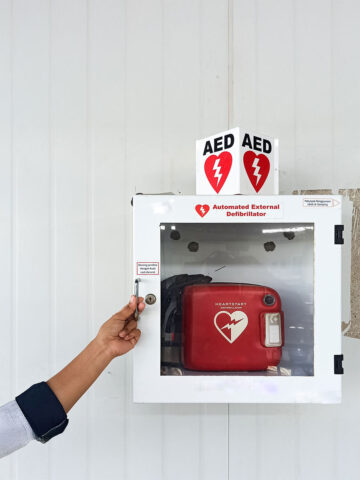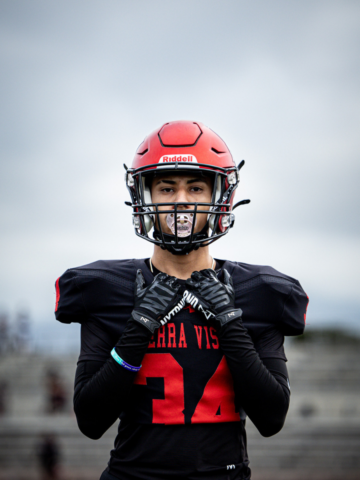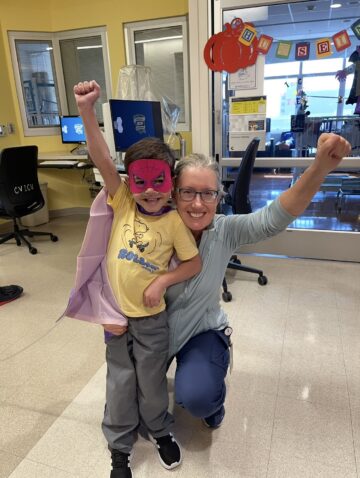February is American Heart Month. Check out these important guidelines to help you determine whether your child’s chest pain could be associated with heart disease. Dr. Pierangelo Renella, a pediatric cardiologist at CHOC Children’s, explains the signs and causes of this common condition, rarely associated with the heart.
Q: What causes chest pain in children?
A: The most common cause of chest pain in children is pain in the muscles that make up the chest wall and not the heart itself. This type of pain is usually referred to as “musculoskeletal pain.” Another common cause of childhood chest pain is costochondritis, which is inflammation in the cartilages at the ends of the ribs. Other causes may include respiratory infections, asthma, acid reflux (“heartburn”), or a partially collapsed lung, for example. These are usually not life-threatening. However, in rare situations, there are serious forms of heart disease that can cause chest pain, and these usually require a pediatric cardiologist’s assistance to diagnose and treat.
Q: How often is chest pain in children due to a heart problem?
A: Although childhood chest pain is the second most common reason for referral to a pediatric cardiologist, it only rarely means the child has actual heart disease.
Q: How do I know when my child’s chest pain needs medical attention?
A: Chest pain that occurs with, or immediately after, exercise should be evaluated further, starting with your child’s pediatrician. In addition, for chest pain that is associated with fast heartbeat, dizziness, or fainting, or if there is a family history of sudden cardiac death, your pediatrician may refer your child to a pediatric cardiologist.
Q: How can I help prevent my child’s chest pain?
A: Again, the vast majority of childhood chest pain is not heart-related. Since the most common causes involve the muscles and bones of the chest wall, the pain should improve with rest and anti-inflammatory medications such as acetaminophen or ibuprofen.
If these treatments do not work, and if the pain is significant, worsening, or associated with other signs and symptoms such as dizziness, fainting, shortness of breath, fast heartbeat, or exercise, make an appointment with your child’s pediatrician immediately.
Get more expert health advice delivered to your inbox monthly by subscribing to the KidsHealth newsletter here.

Learn more about CHOC’s Heart Institute
CHOC and UCLA Health together have been ranked among the top children’s hospitals in the nation for Cardiology & Heart Surgery by U.S. News & World Report.






